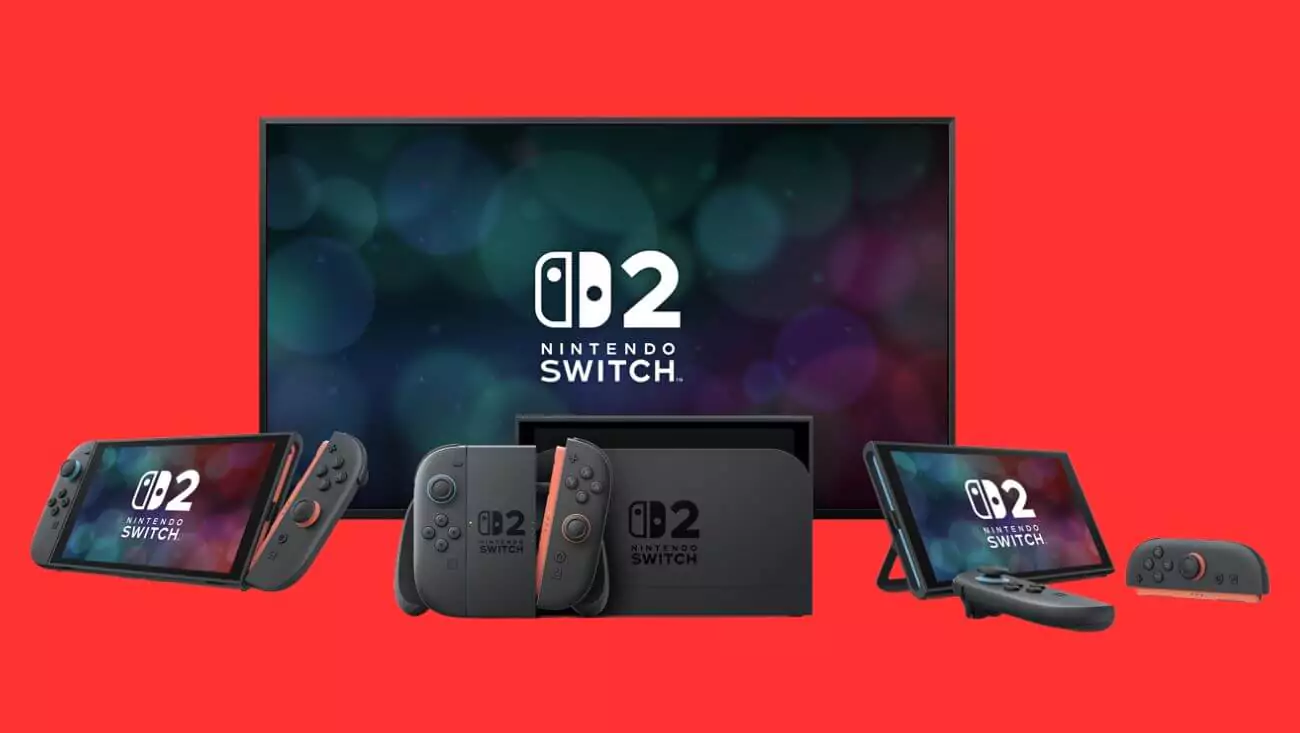Nintendo has updated its user agreement, taking a firmer stance against emulation, hacking, and piracy, with a warning that it may disable devices for those who violate the new rules. The changes, announced on May 8, 2025, come as the company prepares for the upcoming Switch 2 launch, aiming to protect its games and services. While Nintendo’s goal is to secure its platform, the revised terms have raised concerns among gamers about user rights, privacy, and the potential impact on legitimate modding communities.
The updated agreement explicitly states that Nintendo can disable devices or terminate services if users attempt to “bypass, modify, decrypt, defeat, or tamper with” its account services. This is a stronger warning than in previous policies, directly targeting emulation and hacking, which have grown with tools that let Switch games be played on other devices. The terms also allow Nintendo to monitor online chats and end services if needed, sparking worries about user privacy. Additionally, a new clause requires users to settle disputes through arbitration instead of lawsuits, which could make it harder for gamers to challenge Nintendo if their devices are unfairly disabled, raising questions about consumer protections.
With the Switch 2 on the horizon, Nintendo is focusing heavily on stopping piracy. The company now has the right to “brick” modified Switch consoles—making them unusable—as a way to deter illegal activity. This isn’t the first time Nintendo has taken such steps; in the past, anti-piracy measures for the 3DS accidentally affected legitimate users due to errors in detection. The current policy might similarly impact players who modify their consoles for non-piracy reasons, like running homebrew apps or playing legally owned games from older systems. There’s also concern that the Switch 2 could launch with these same strict rules, potentially limiting what users can do with the new console right from the start.
Nintendo’s crackdown is driven by the rise of emulation, which lets users play Switch games on PCs or other devices, often without buying the original software. While this is a real issue for Nintendo, which relies on its exclusive games and hardware to drive sales, the broad scope of the new rules might affect more than just pirates. Homebrew communities, for example, often use mods to run apps, enhance gameplay, or play older games they legally own. In the Wii era, homebrew was a popular way to add features like media playback, fostering a creative community that now feels at risk under Nintendo’s stricter policies. The new terms could discourage such innovation, potentially alienating fans who value flexibility in how they use their devices.
For gamers, these changes mean modding a Switch now comes with bigger risks, even if it’s not for piracy. The possibility of a console being bricked could stop some illegal activity, but it might also harm users who aren’t breaking any laws, as seen in past anti-piracy efforts. The arbitration rule adds another layer of concern, as players may find it tough to fight back if their device is disabled by mistake. Monitoring online chats also raises privacy issues, especially for younger players who use Nintendo’s online features often. This situation brings up larger debates about fairness in gaming, as players wonder how much control companies should have over devices they’ve purchased.
Looking ahead, Nintendo’s updated agreement could change how players interact with their consoles, especially with the Switch 2 coming soon. The company’s focus on piracy makes sense given its business model, but its approach has drawn criticism for possibly going too far. Homebrew fans, who often add value to the gaming community through creativity, might feel discouraged by the new rules, which could limit innovation. Past anti-piracy measures suggest that enforcement might lead to mistakes, like disabling devices of innocent users, which could hurt Nintendo’s reputation if not handled carefully.
Nintendo has a history of taking strong action against emulation and piracy, often pursuing legal cases against sites that distribute its games illegally. The current strategy of disabling devices and limiting lawsuits takes a more direct approach, which might not sit well with all fans. Online discussions show a split in the community—some understand Nintendo’s need to protect its games, while others are frustrated by the potential loss of freedom to mod their devices. Many recall the Wii’s homebrew scene, which offered useful features without much risk, highlighting how Nintendo’s relationship with its modding community has changed over time.
For now, players will need to be cautious when modifying their devices. Even those who mod for harmless reasons might hesitate, fearing their Switch could stop working. Nintendo will need to balance its efforts to stop piracy with the needs of its fanbase, especially as it moves toward the Switch 2 launch. Listening to community feedback about privacy, fairness, and the impact on homebrew users will be key to keeping its players happy. How Nintendo handles this balance could shape its image as it enters the next phase of its console journey.
Nintendo’s new user agreement is now active, aiming to stop emulation and piracy while keeping its platform secure. As the Switch 2 nears, these changes might change how gamers use their devices, but they could also upset some fans. What do you think about Nintendo’s updated rules, and will they change how you use your Switch? Share your thoughts in the comments—we’d love to hear your take on this important update.







